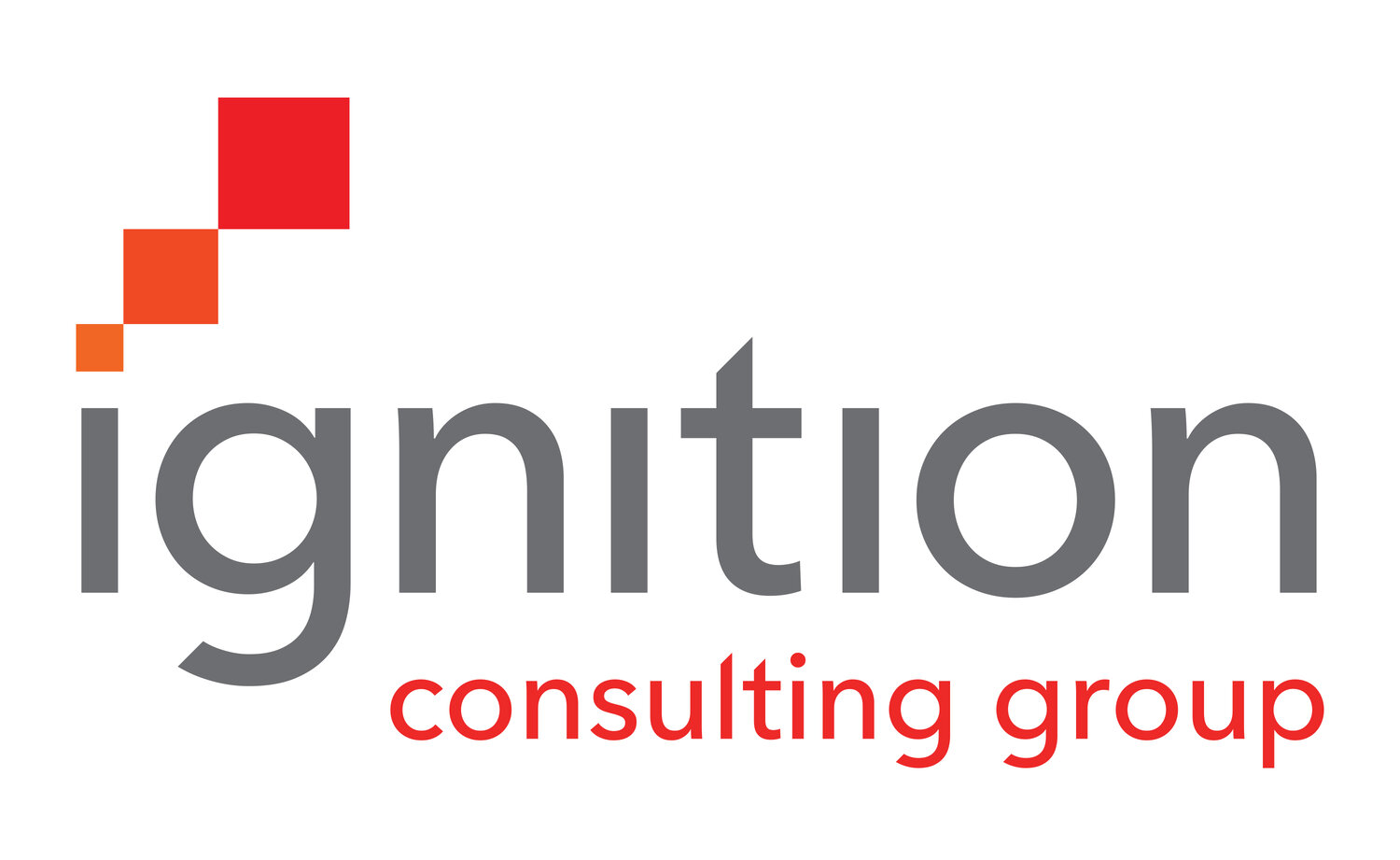The Clearest Path to New Business Success
By Tim Williams
It’s been said that new business is a numbers game, but the most successful agencies would vigorously disagree. The very best in our business focus their talents in areas where they have a clear advantage and pass on everything else.
For many firms, the cost of new business can be staggeringly high. In addition to all the normal expenses associated with the sales process, agencies spend huge portions of their dwindling profits producing speculative work for competitive pitches where they may win only 20% of the opportunities.
Let’s contrast that with firms that win most of the time – or better yet, rarely have to compete in a shoot-out situation at all. These are the agencies that have answered what Peter Drucker calls the first essential question of any business: “Who is our customer?” They have committed to stand for something rather than trying to stand for everything.
More to the point, firms that have chosen a clear area of focus often don’t have to “sell” much at all. They’re so well positioned that prospects actively seek them out.
Stop selling and start marketing
To quote Drucker again, “The aim of marketing is to make selling superfluous.” In other words, the goal of marketing is to make a product, service, or company so relevant and compelling that it literally sells itself. If your firm would spend more time and energy developing and marketing a relevant, differentiated “product,” you could spend a lot less time and energy trying to sell it.
Firms with a compelling positioning strategy don’t just have prospective customers; they have followers and advocates. While this dynamic is readily apparent in the mass market (Starbucks, Apple, Porsche), it’s just as true in the world of professional services. When you’ve done the work necessary to build a company that has followers, you have a brand in demand. You have prospective customers who make the first move, rather than having to track them down with a direct sales effort.
In place of a traditional outbound sales program, well-positioned firms have devoted themselves to a content marketing program that allows them to showcase their thought leadership in a particular service area, category, or market segment. Their blog posts, tweets, white papers, and webinars all are based on providing useful information to their current and prospective clients. As a result, they are regularly invited to speak at conferences, contribute guest columns, and serve as expert resources to the trade and business press. This form of inbound marketing is infinitely more effective – and less expensive – than the outbound programs funded by most agencies.
Give away everything you know
Unfocused firms resist a content marketing program because they feel it takes too much effort, and that the few times they have mustered the energy to write a blog post, it produced little interest. This is, of course, because these firms lack a positioning strategy. They don’t really know what to write about because they are generalists who lack deep expertise in much of anything. So they write superficial posts that could have come from any agency.
The self-referencing new business programs developed by most agencies are fruitless because they’re focused on the accomplishments of the firm instead of the interests of the prospect. Countless newsletters, blogs, and Twitter posts are all about the agency, its latest work, awards, successes, and people. While some of this may be moderately interesting to clients and prospects, it doesn't work as an inbound marketing approach because it breaks the first rule of marketing: start with the customer.
The late British adman Paul Arden advocated that you should “Give away everything you know, and more will come back to you.” This is an incredibly effective marketing approach for professional services firms, but it absolutely hinges on one thing: having a clear positioning strategy.
So as you wrestle with the question of how to attract more business this year, muster the courage to stop selling and instead do a better job of marketing, starting with a commitment to focus on what you do best. If you’re willing to spend a little more of your intellectual capital on a customer-focused content marketing program, you can spend a lot less of your financial capital on business development.




